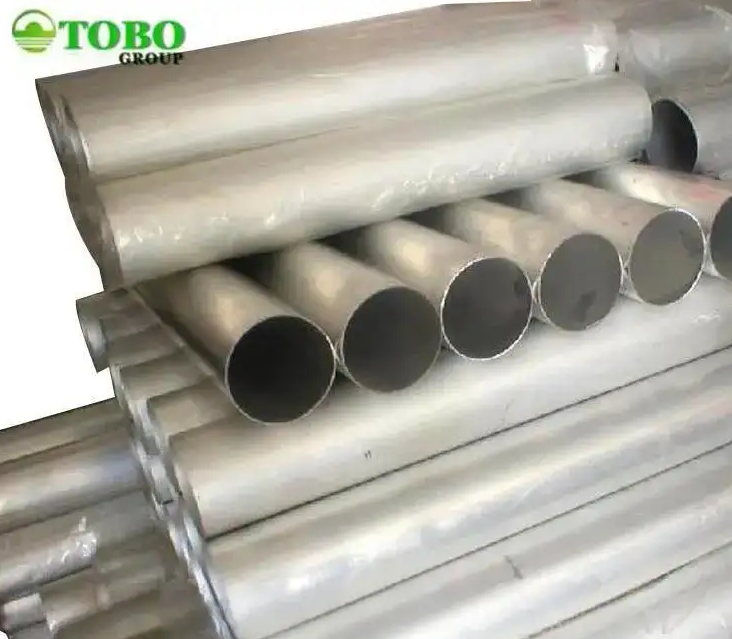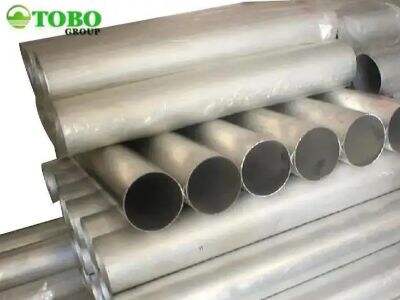Nickel Alloy Material: What it is, its Grades and Benefits
Perhaps you are asking yourself about the type of material called nickel alloy and the different grades. If so, this article should assist you in gaining a clearer perspective of what this material is, made from, how it is used, and how it might be able to help you.

Different Grades
The Nickel alloy material can be classified into various grades that determine the type and quality of their make. These grades include:
1. Grade 200: Specifically, this material is characterized by the following minimal values 99%. Often its grades can be as low as 0% nickel such as nickel 200 tube and it is made use of in components of electronic as well as the battery.
2. Grade 201: This material has a density of more than 99.5% of the coarsest material and the sweetest spirit of wine. What is the difference between nickel 201 and Grade 200 Nickel, the latter is made of 5% nickel and is used in applications that require similar uses like nickel 201 pipe but this pipe has lower carbon content.
3. Grade 400. This material contains at the very least 63% nickel and it's also called Monel. Its widely used in chemical and marine processing applications.
4. Grade 500. This material contains at least 70% nickel and is also referred to as Inconel. It truly is present in high-temperature applications such as for instance power aerospace and generation.
5. Grade 600. This material contains at the least 72% nickel and is particularly present in high-temperature applications such as for example nuclear power plants.
Advantages
Among the important benefits is the fact that it really is corrosion-resistant. This helps it is an applications option that are perfect to harsh environments such as for instance marine and chemical processing industries. Nickel alloy material may be durable and has wear excellent resistance. This makes it ideal for used in heavy-duty applications where machinery is required often.
Innovation and Safety
The utilization of nickel alloy material has resulted in excellent innovation the manufacturing industry. Like most other material, nickel piping alloy material by TOBO GROUP is subject to strict safety to avoid harm to workers and consumers. Manufacturing companies must abide by laws established by relevant safety bodies to ensure that products and services made from nickel alloy material are safe for use.
How To Employ
To effectively undertake the utilization of nickel alloy material, it is necessary to comprehend its characteristics and dimensions. Comply to the manufactures’ recommended procedures on how to use the material.
Do not apply any heat on nickel alloy material or incorporate it with any chemical that has the potential of altering its characteristics. The performance of the nickel alloy material will be optimal if frequently maintained and inspected of products made from this material.
Quality and Service
However, when it comes to selecting a nickel alloy material there is no ultimate better than the other except by the quality. Make sure that the supplier used is one who has a good experience and also deals with quality material that will address the set standards.
Thus, a supplier, who delivers customer service at the highest level, is also perfect. They should be easily accessible as sometimes you may need their help and they should be willing to offer a helping hand.
Application
Nickel alloy material proves more useful in different sectors like aerospace and aviation industry, energy and chemicals industry, the medical device industry, and the marine industry. It is widely to use in the creation of pipes and tubes, valves, heat exchangers, pump parts and many more.
The most appropriate grade of Nickel alloy material is also of great importance bearing in mind that the outcome of the final product usually depends on this aspect of the market. Every grade thus has a certain quality that enables it to be used in a certain application.

 EN
EN
 AR
AR
 BG
BG
 HR
HR
 CS
CS
 DA
DA
 NL
NL
 FI
FI
 FR
FR
 DE
DE
 EL
EL
 HI
HI
 IT
IT
 JA
JA
 KO
KO
 NO
NO
 PL
PL
 PT
PT
 RO
RO
 RU
RU
 ES
ES
 SV
SV
 TL
TL
 VI
VI
 TH
TH
 TR
TR
 GA
GA
 CY
CY
 BE
BE
 IS
IS


